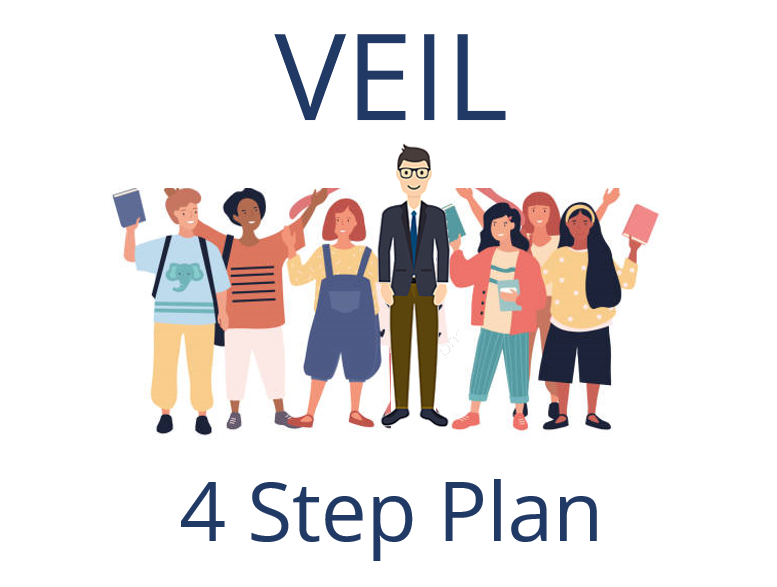One way to think about the effect of this as a kind of outsourced memory. When information is costly to the human mind to retrieve, it is inefficient to lose it. It pays to memorise something so we don’t have to retrieve it from its source again. Conversely, if you drive down the cost of knowledge retrieval, then the relative benefit of memorising it falls with it.
Google has enabled us to outsource memory. Google carries our cognitive load, so that our brains can deploy more resources elsewhere.
THIS SEEMS LIKE AN ADVANTAGE, BUT IS THERE A COST?
Yes. There is a cost. There is evidence that outsourcing memory creates a kind of cognitive inflation, my phrase for over-estimating your cognitive abilities. One fascinating series of 2015 studies compared two groups both of whom were instructed to find explanations to common questions. One group were instructed to find answers on the internet, the other group banned from doing so. They were then asked to provide explanations of a series of other questions which were entirely unrelated to the questions they had studied for.
The two groups rated their ability to explain the unrelated questions. The group who had been searching online rated their understanding of the unrelated questions much higher than those who did not previously access the internet. The finding was repeated across nine different experiments. Despite that, their actual ability to answer the unrelated questions was no higher. In other words, the internet resulted in a kind of cognitive inflation- a mistaken belief in one’s own cognitive skill.
The researchers concluded that “people mistake access to information for their own personal understanding of the information.” They went on to suggest that “searching the Internet may cause a systematic failure to recognize the extent to which we rely on outsourced knowledge.”
The internet affects the mind, creating errors of cognitive judgement. All over the world, people reading recipes and news reports have less understanding of those things than they think they do. Whilst they feel knowledgeable about other unrelated matters, their actual understanding is inflated and unrealistic. Part of this effect is to do with how the brain actually learns new things. Memorising information is a critical cognitive step by which the brain coordinates concrete events or facts into wider concepts. Without concepts, our mental understanding of the world is simply a series of instances without meaning.
Without meaning, we cannot evaluate, judge and interpret. Memorising things ourselves is fundamental to both the intelligence and wisdom of homo sapiens.
BUT memorising things is cognitively hard work. There is no mental short cut. It requires effort, time, focus and struggle.
If we conflate access with understanding, we lose that incentive to struggle, whilst at the same time perceiving ourselves enlightened. The result is that we risk becoming not only ignorant and inaccurate, but arrogant and high handed.
I wonder to myself, what bearing does this have in a world where politics is decided in an online market square, and university safe spaces are defined by online campaigns?
Does this illuminate the debate about the balance between exam based vs internet-fed coursework assessment systems?
AND I CERTAINLY HOPE THIS PROVIDES AN ANSWER TO THE TIRED QUESTION ‘WHY LEARN FACTS WHEN YOU HAVE GOOGLE?’
Outsourcing memory has many advantages. But there are some dangerous costs too.
Cited research: Fisher, M., Goddu, M. K., & Keil, F. C. (2015, March 30). Searching for Explanations: How the Internet Inflates Estimates of Internal Knowledge. Journal of Experimental Psychology








